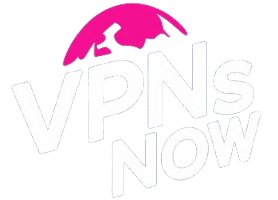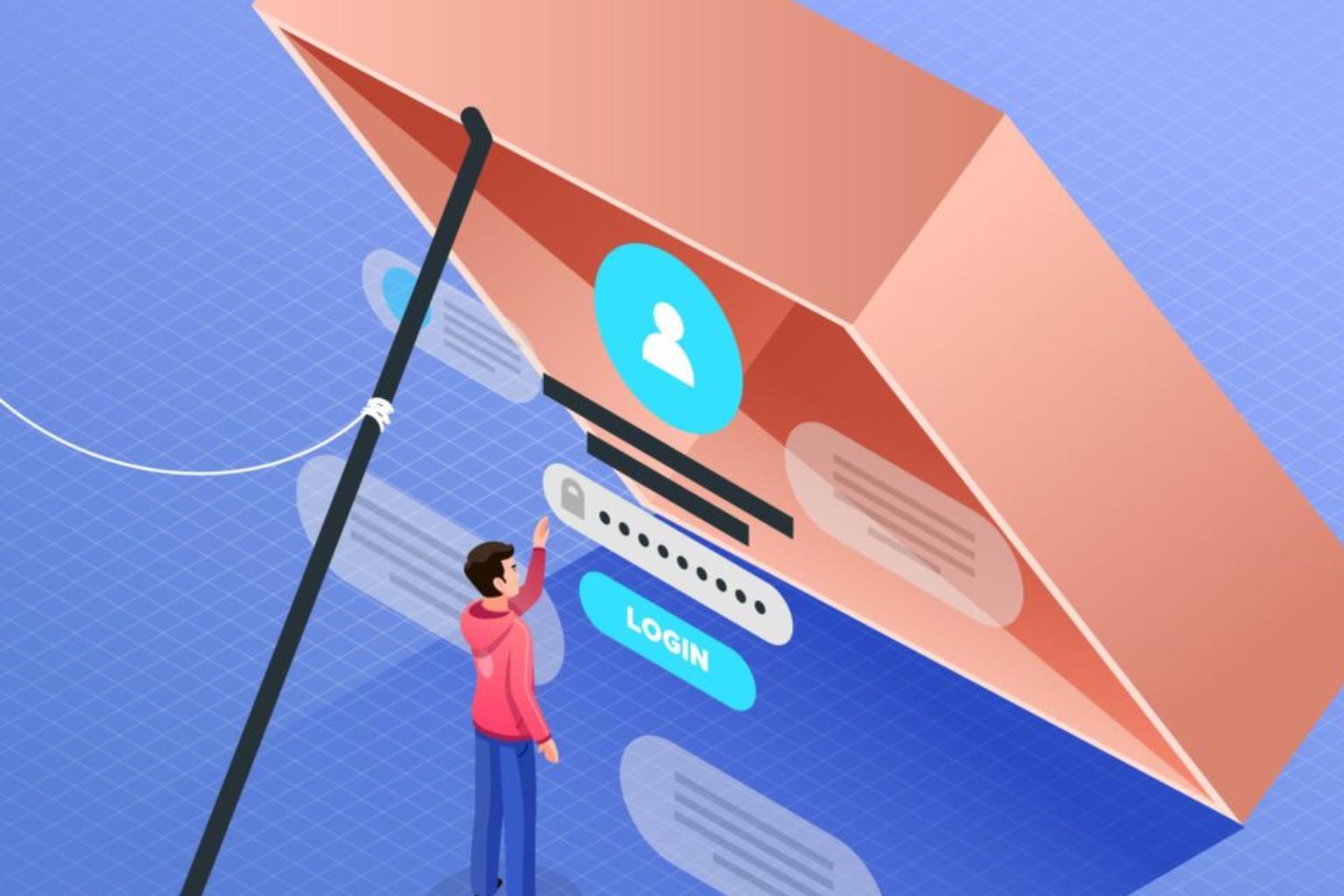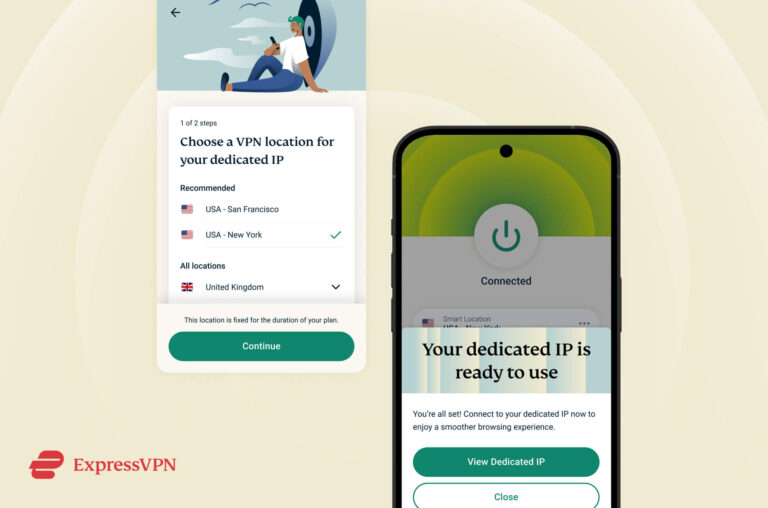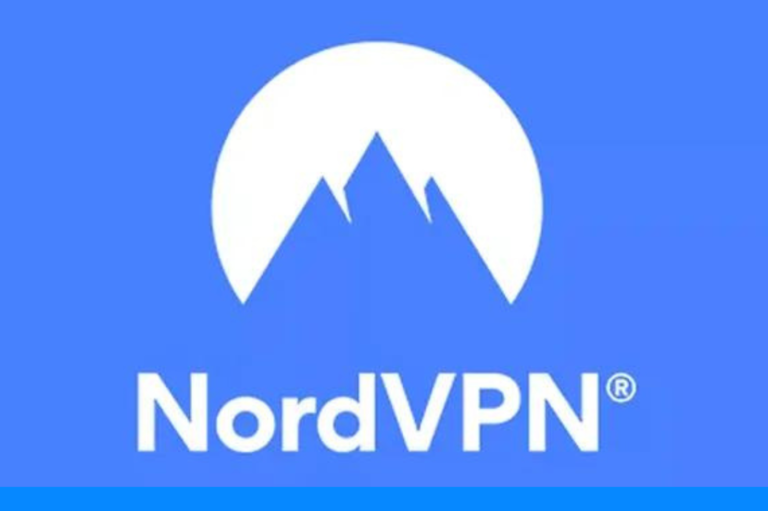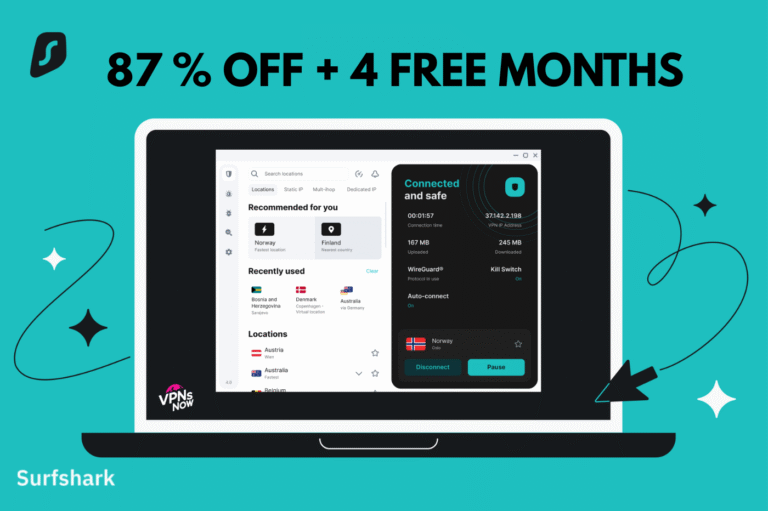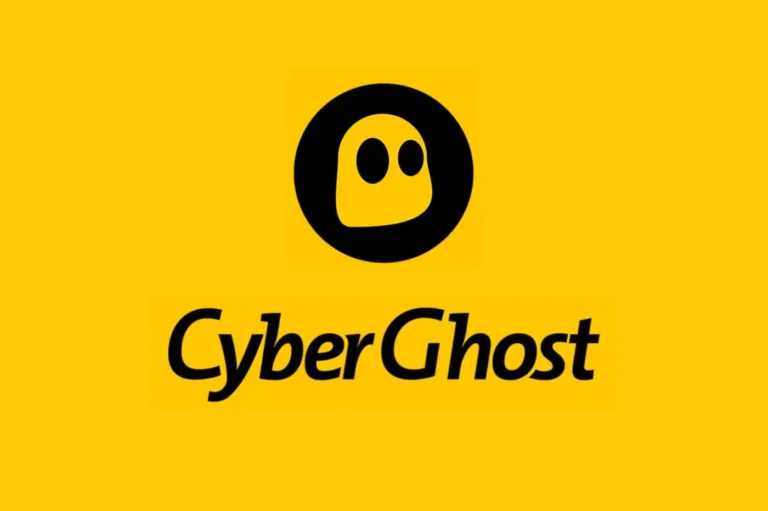Privacy Policies of Free VPNs 2025: Are You Actually Safe?
Discover how free VPNs may be risking your data and what to check for safety.
Understanding Privacy Policies of Free VPNs is more crucial than ever in 2025, as most users unknowingly expose their private data to third-party entities. In this video, we dig deep into the hidden clauses, tricky terms, and loopholes that allow free VPN providers to monetize your data. Learn how to identify red flags in privacy policies, what to look for in a safe VPN, and how to protect your online privacy effectively. Whether you’re using a VPN for streaming, browsing, or security, understanding how your data is handled is non-negotiable. If you’re thinking free means safe – think again. Watch this eye-opening guide and take control of your digital privacy today!
Understanding Privacy Policies of Free VPNs
In today’s digital age, online privacy has never been more important. With an increasing number of people using VPNs (Virtual Private Networks) to stay anonymous on the internet, it’s essential to look beyond just performance and price—privacy policies deserve your attention, especially when it comes to free VPN services.
This article will walk you through what VPN privacy policies really mean, why they matter, and how to identify red flags in those lengthy, confusing legal documents most of us ignore. If you’ve ever wondered whether your free VPN provider is actually protecting your data—or selling it—this comprehensive guide is for you.
What is a Privacy Policies of free VPNs?
A VPN privacy policy is a legal document that outlines how the VPN provider handles your personal data. It details what information they collect, how it’s stored, who it’s shared with, and under what circumstances.
But here’s the catch: free VPNs often come with trade-offs. When a product is free, you are usually the product. These companies still need to make money—and your data can be incredibly valuable.
The Illusion of Anonymity with Free VPNs
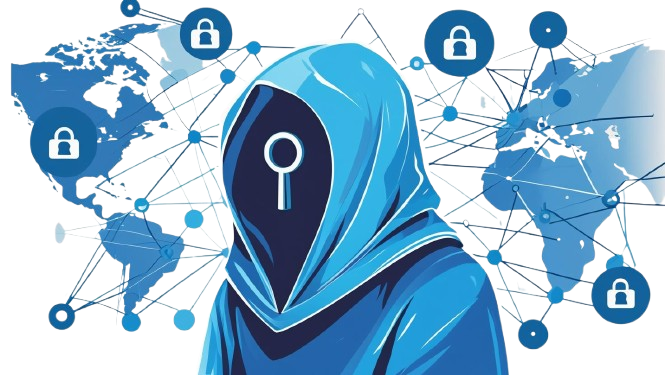
A common misconception is that all VPNs offer complete anonymity. In reality, many free VPNs collect and store user data, including your IP address, browsing activity, and even connection times. Some may claim not to log user data while burying contradictory statements deep in their policies.
Always read between the lines. Phrases like “we do not log user activity” might be followed by “except where necessary to comply with legal requirements,” giving them wiggle room to monitor your data.
Common Data Collected by Free VPNs
Let’s take a closer look at what kind of data free VPNs often collect, as stated in their privacy policies:
- IP Address
- Device Information (type, OS, unique device identifiers)
- Timestamps of Connection
- Amount of Data Transferred
- Browsing History (yes, some do!)
- Email Address (for sign-up)
- Location Data
This is alarming, especially considering that users turn to VPNs primarily to avoid surveillance.
Why Free VPNs Collect Your Data
So, why do free VPNs gather this information?
The answer is simple: profit. Maintaining servers, paying developers, and running a VPN service isn’t cheap. If a company isn’t charging you money, they’re probably monetizing your data in one or more of the following ways:
- Selling anonymized user data to third parties
- Using it for targeted advertising
- Partnering with analytics firms
- Sharing with governments (especially if based in 14 Eyes countries)
This defeats the entire purpose of using a VPN in the first place.
Red Flags to Watch for in Privacy Policies
Here are some warning signs you should be aware of when reading a VPN privacy policy:
🔴 Vague Language
Phrases like “may collect,” “occasionally share,” or “as needed” are red flags. They suggest the company wants flexibility to do as it pleases.
🔴 No Mention of a No-Logs Policy
A trustworthy VPN will explicitly state that it doesn’t keep logs, and define what that means.
🔴 Contradictions Within the Policy
Look for inconsistencies. For example, claiming “no logging” in the summary, then later admitting to storing IP addresses or timestamps.
🔴 Based in Surveillance-Friendly Jurisdictions
If the company is headquartered in a country that’s part of the Five, Nine, or Fourteen Eyes alliances, they could be legally compelled to hand over user data.
🔴 Lack of Transparency About Third-Party Access
Some VPNs route traffic through third-party networks or integrate third-party ad services. These should be disclosed clearly.
The Importance of a No-Logs Policy
One of the most crucial things to look for is a strict no-logs policy. This means the VPN provider does not store any data that can identify you or your activity online.
However, simply claiming “no logs” isn’t enough. Reputable providers go further:
- Publishing independent audits of their infrastructure
- Using RAM-only servers (which wipe data on reboot)
- Making their apps open-source
- Offering warrant canaries to signal if they’ve been asked to share user data
If your free VPN doesn’t do any of the above, you should be cautious.
Case Studies: Free VPNs with Shady Policies
Let’s take a look at some real examples of free VPNs that compromised user privacy:
Hola VPN
Hola marketed itself as a free VPN but turned its users into exit nodes for other users, essentially turning your connection into a peer-to-peer network that could be misused. It also logged user data and was found selling bandwidth through a separate business.
Betternet
Despite advertising itself as secure, a study found that Betternet’s free version was filled with tracking libraries, and its privacy policy allowed user data collection for advertising purposes.
VPN Free Unlimited Proxy (by VPN Proxy Master)
This app collected massive amounts of user data, including location and device identifiers, with a privacy policy that openly allowed sharing data with third parties.
These examples show that “free” isn’t always free—sometimes you pay with your privacy.
How to Evaluate a VPN’s Privacy Policy (Checklist)
Before you install any free VPN, go through this checklist:
✅ Is the policy clearly written and easy to understand?
✅ Does it explicitly state what data is collected and why?
✅ Is there a strict no-logs policy, and is it verified?
✅ Is the company based outside surveillance alliances (14 Eyes)?
✅ Do they use strong encryption protocols like OpenVPN or WireGuard?
✅ Is there a third-party audit or transparency report available?
✅ Are there red flags like ads, trackers, or vague legal jargon?
If a free VPN checks most of these boxes, it may be safe—but always proceed with caution.
Alternatives to Free VPNs
If you’re serious about your privacy, consider a paid VPN service. Many top-tier providers offer:
- Strict no-log policies
- High-speed servers
- Advanced security features like kill switches and split tunneling
- Customer support
- Audit-backed transparency
Some affordable VPNs worth considering include Proton VPN, Surfshark, Private Internet Access, and NordVPN. They often run promotions that cost just a few dollars per month.
Remember, investing in your online security is never a waste.
Transparency and Open-Source Matters
If you do go for a free VPN, opt for one that:
- Is open-source (code can be inspected by the public)
- Offers transparency reports
- Has been audited by third-party firms
- Provides limited but honest services (e.g., speed or data caps instead of selling data)
Some trustworthy free options include:
- Proton VPN (Free tier) – no ads, no logs, based in Switzerland
- Windscribe (Free tier) – transparent logging policy, good encryption
- Atlas VPN (Freemium model) – no-logs policy, safe for casual use
These services have limitations, but they don’t compromise your privacy for profit.
Conclusion: Don’t Sacrifice Privacy for “Free”
While it’s tempting to use a free VPN to save money, many come with serious privacy concerns. These services may collect, store, and even sell your data, undermining the very reason you sought out a VPN in the first place.
Always read the privacy policy carefully. If it’s too vague, too complex, or filled with legal loopholes, that’s a red flag. Your online data is valuable, protect it like you would your financial or medical records.
If you can afford it, choose a reputable paid VPN. If not, go for freemium models from trusted providers that are transparent about their practices.
At the end of the day, privacy is not free, but it doesn’t have to be expensive either. Make informed decisions, and don’t let the word “free” cost you your digital freedom.
Don’t miss our detailed guide on Selective Surfshark Promo Codes 87%
